
An employee at a seafood trading company displays a king crab in Hunchun, Jilin province, in April. (CHINA DAILY)
Landlocked Hunchun in Jilin province develops its marine economy to become key export-import hub
Previously, Wang Jindong never imagined making a living selling seafood in a small landlocked city in Northeast China. But now, in a strange twist of fate, Wang has become widely known in the seafood industry as the "king of king crabs".
"I traveled through numerous port cities before finally settling down in Hunchun. Despite being remote, it is a land of treasure that faces eastward and has access to the Pacific Ocean," the seafood merchant said.
Hunchun is a city in the Yanbian Korean autonomous prefecture located in the eastern region of Jilin province. It is about 15 kilometers away from the Sea of Japan.
The city, which achieved a breakthrough by focusing on seafood trade, has vigorously developed its marine economy and has been approved as the only national marine economic development demonstration zone that is not directly coastal.
Hunchun has taken a unique path to development by leveraging its strengths and deviating from conventional norms.
Despite lacking direct access to mud flats, seaports, coastlines and other resources, the city, located at the junction of China, Russia and the Democratic People's Republic of Korea, is surrounded by several high-quality Russian ports.
This was just the right mix for Wang, who seized the opportunity to establish the Hehe Seafood Co in the marine industrial park of the Hunchun international cooperation demonstration zone.
King crabs caught in the deep sea in Russia the night before are shipped to Hunchun the next day and distributed to various regions in China, helping Wang's business to expand continuously.
In 2021, his company imported 4,260 metric tons of king crabs and other seafood products from Russia, achieving a trade value of 1.26 billion yuan ($173.7 million).
Despite being close to the sea, Hunchun is not directly coastal.
It was once a border town known as "the bottom of the pocket", indicating the underdeveloped state of its infrastructure and the local economy.
However, with the opening of the Changchun-Hunchun expressway, the Changchun-Hunchun intercity railway, and the resumption of the Hunchun-Makhalino railway between China and Russia, Hunchun has successfully implemented a strategy of utilizing nearby ports for sea trade.
Hunchun's foreign trade partners now cover 72 countries and regions globally, including Asia, Europe and North America.
The inland city, pushed to think outside the box over the past few years, has sounded a clarion call for "strengthening itself through the marine economy".
In the process, Hunchun has shaped a comprehensive industrial chain that includes cold-chain seafood trade and processing.
The city has attracted more than 20 aquatic processing companies and over 100 seafood trading enterprises.
In fact, the volume of live crabs that Hunchun imports from Russia accounts for about 80 percent of China's total live crab imports from Russia, according to the local government.
"Hunchun will further speed up the building of transportation infrastructure connecting Northeast Asia, and build itself into a national logistics hub with ports bordering the land," said Sheng Xiaoru, Party chief of Hunchun.
Last year, port throughput at Hunchun reached 3.92 million tons, up 22.6 percent year-on-year. Its total foreign trade value was 15.3 billion yuan, up 44.1 percent over the previous year and achieving a record high, said the local government.
In the first two months of this year, despite relatively weak demand globally, its total import and export value reached 3.16 billion yuan, up 31.7 percent year-on-year, which accounted for 13.3 percent of the province's total foreign trade value, the local government said.









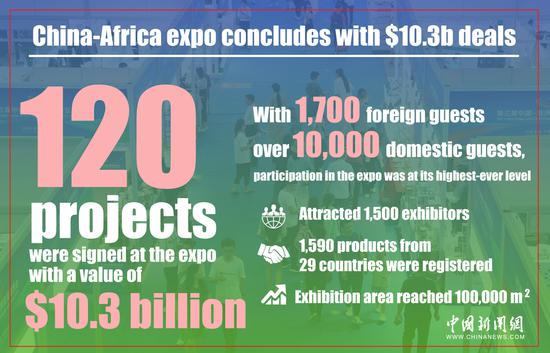

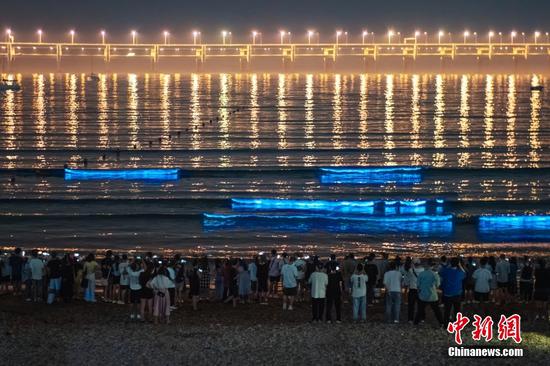
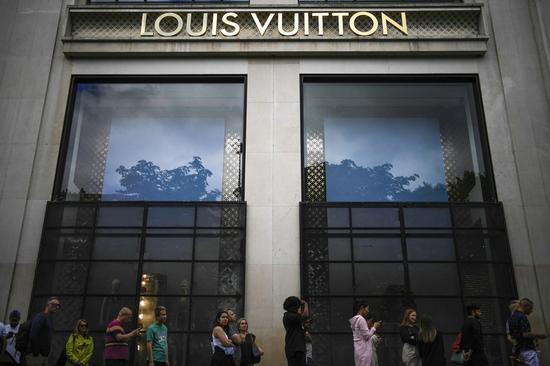
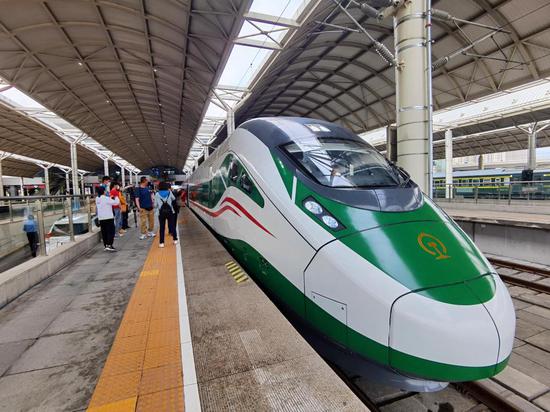
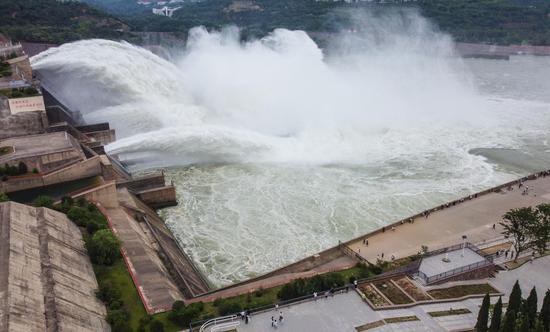
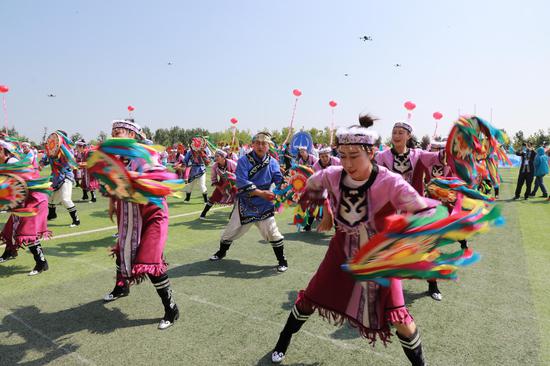


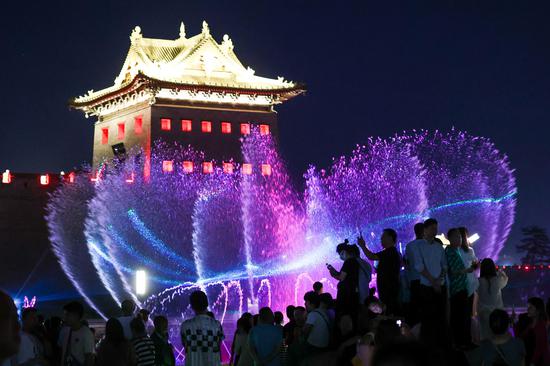
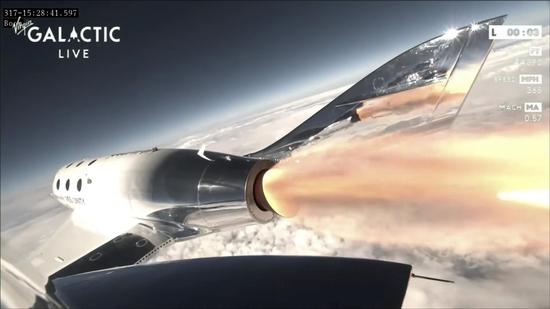

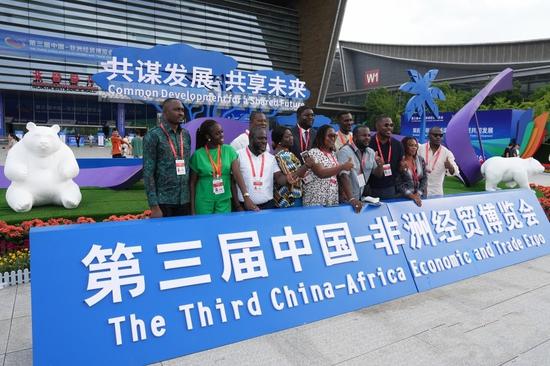



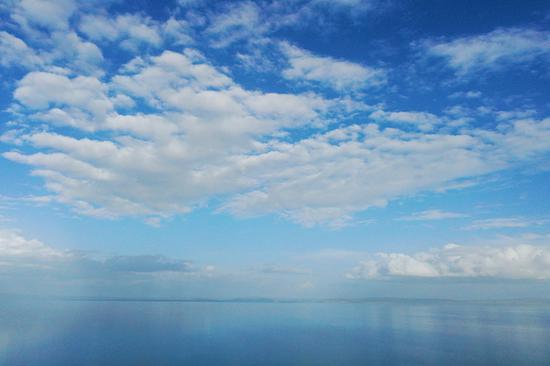
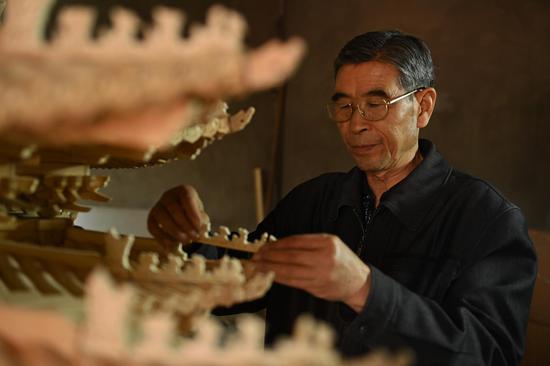
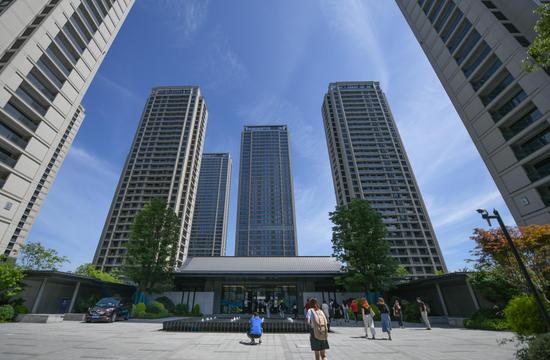
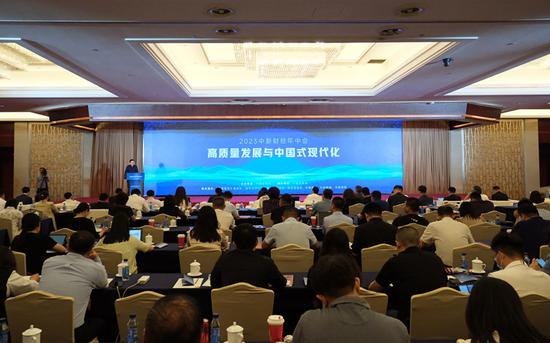
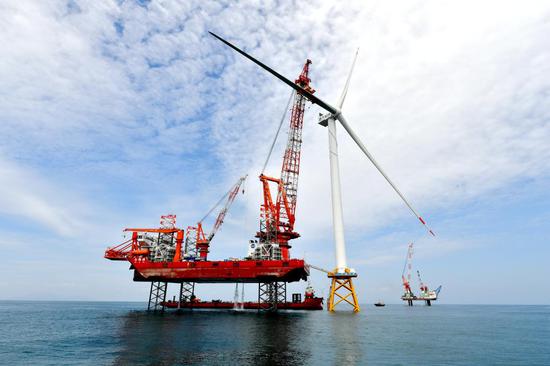
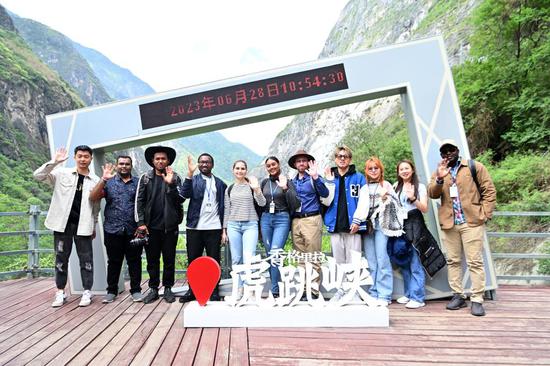
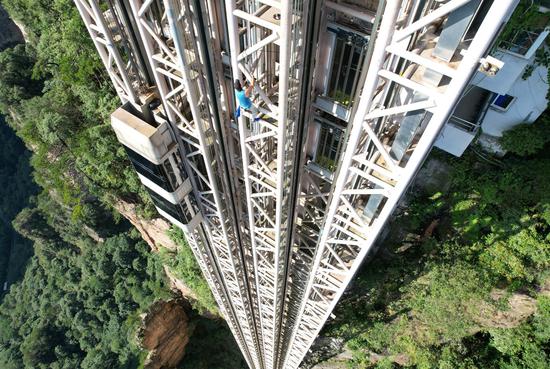
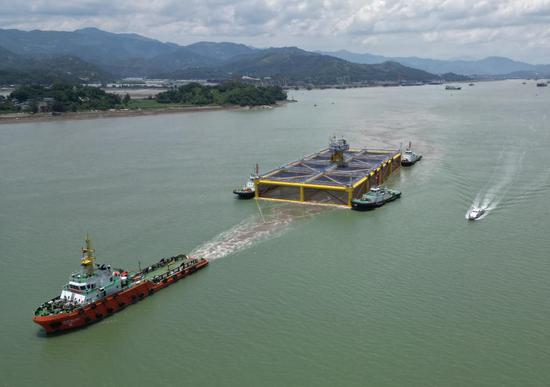
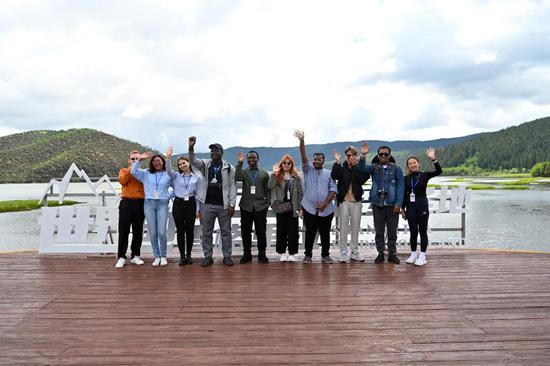
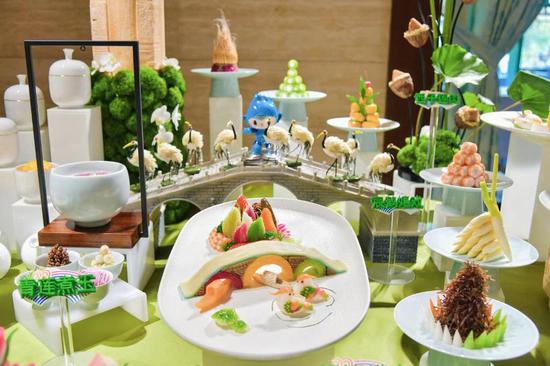
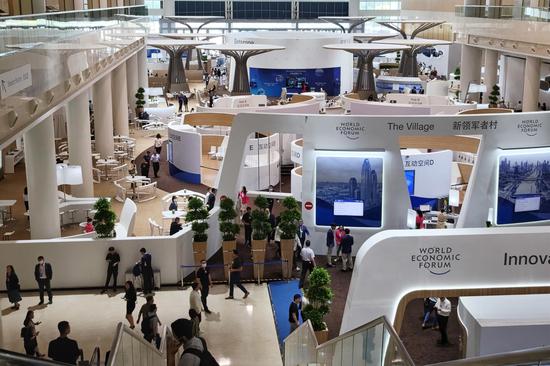
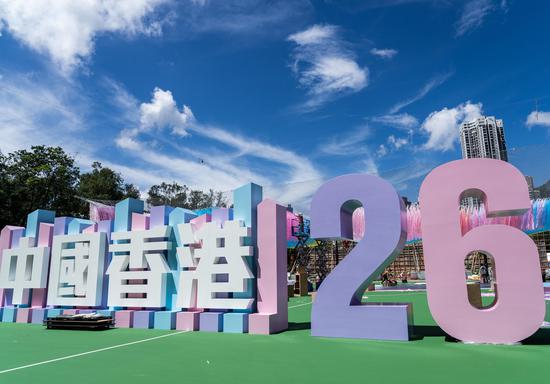


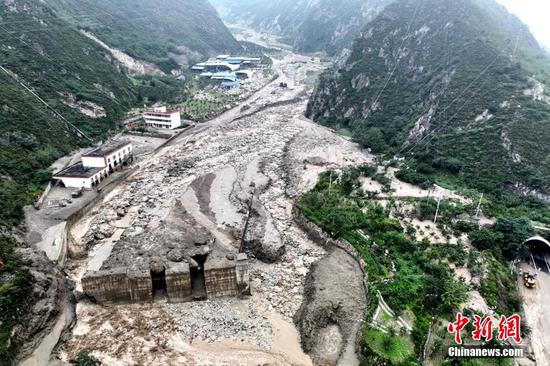
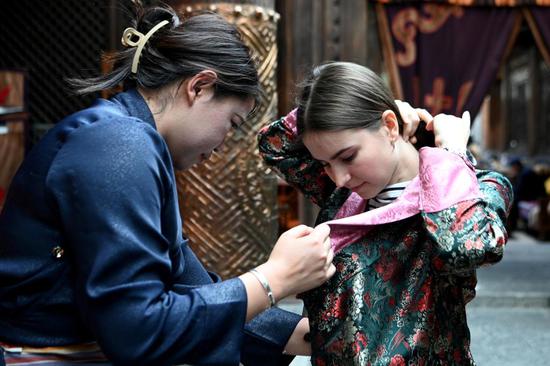
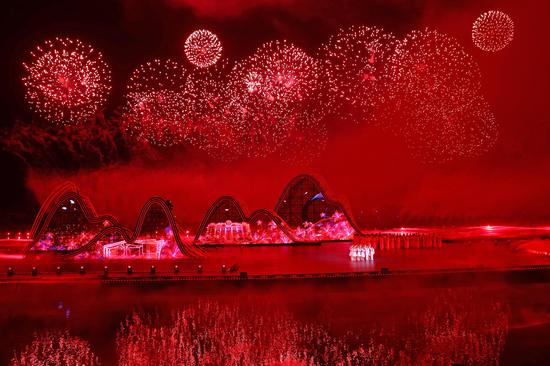
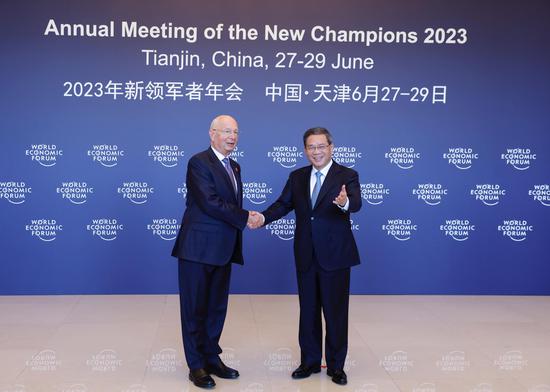
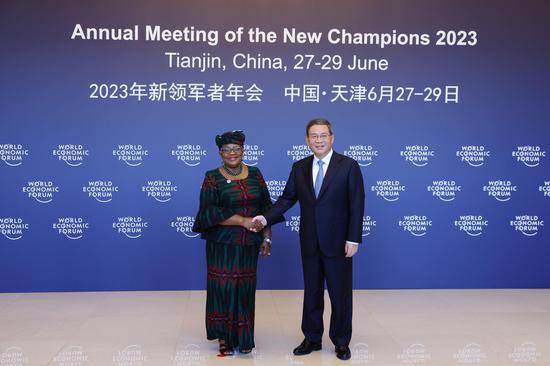
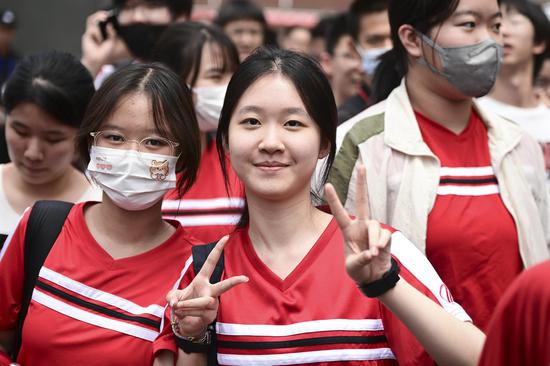





 京公网安备 11010202009201号
京公网安备 11010202009201号